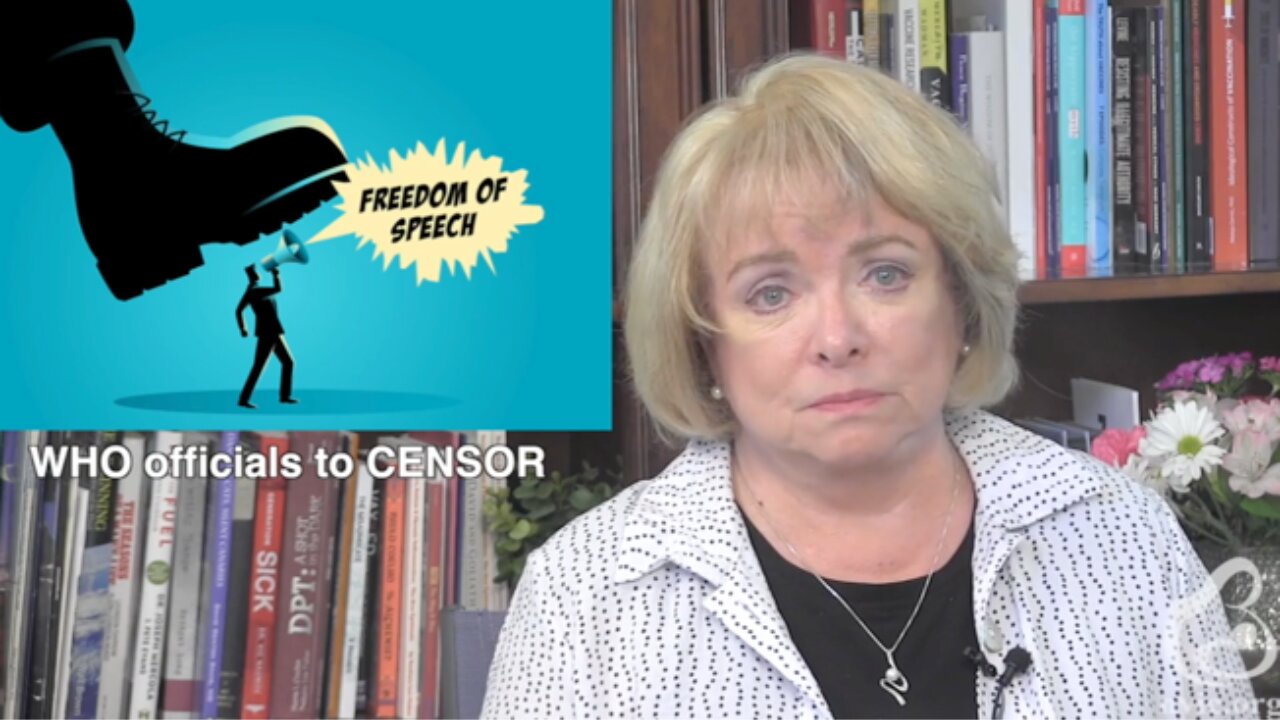A 2022 study published in Community Mental Health Journal examined nine commonly used psychopharmacology textbooks to identify financial conflicts of interest of their authors and editors. The findings showed that two-thirds of psychopharmacology textbooks authors or editors received personal financial payments from pharmaceutical companies. Unlike most medical journals that require authors to disclose their financial payments, textbook authors and editors are not required to do so.1
Psychopharmacology Textbook Authors/Editors Making Millions of Dollars
The researchers of the conflict of interest study collected a number of psychopharmacology textbooks that are used by psychiatrists, who prescribe psychiatric drugs. Practicing psychiatrists were asked to review the list of textbooks to include and exclude and selected nine textbooks to be evaluated. The researchers used the names of the authors and editors of the textbooks to investigate the conflicts of interest in two databases: ProPublica’s Dollars for Docs (for the years 2013-2018) and Open Payments (for 2019 and 2020).2
The results showed that two-thirds of the textbooks had at least one editor or author who received money from a drug manufacturer. An employee of a pharmaceutical company also authored one textbook. A total of $11,021,409 was received by 11 of the 21 editors/authors from 2013 to 2020. The majority of the money ($10,616,165) was paid to the author of Essential Psychopharmacology: Neuro-scientific Basis and Practical Applications 5th edition (2013). Almost a quarter (5 of 21) of the authors/editors received over $75,000. Almost all these payments (99.8 percent) were for non-education activities such a promotional speaking events.3
Seven of the nine textbooks did have a disclosure statement for conflicts of interest; however, the disclosure was located in a place where the reader is unlikely to see it.4
Commercialization of Medicine is a Public Health Problem
The study researchers concluded that that medical students should be explicitly informed of biases and financial conflicts of interest of authors of educational and training textbooks. The researchers also recommended that textbook publishing should implement a policy that includes a clear and prominent conflict of interest statement so that students are better able to evaluate information and drug use recommendations contained in the textbooks. They stated:
In the same way that the International Committee of Medical Journal Editors (ICMJE) requires transparency, disclosure of Financial Conflicts of Interest (FCOI) should become a standard practice among the authors and editors of psychopharmacology textbooks. It is a positive sign that most (7/9) of the textbooks had a disclosure statement. However, the placements of these statements varied and some were embedded in lengthy prefaces making it unlikely that most readers would see them. Finally, further research should evaluate the possible relationship of FCOIs to the over-estimation of the benefits and under reporting of harms of the drugs discussed in these textbooks.5
Medical textbooks do not include the original clinical trial data upon which statements about efficacy and safety of psychotropic medications are based, which prevents readers from fully evaluating the data. Readers relying on biased recommendations influenced by financial conflicts of interest raises the risk of doctors relying on treatments that potentially harm patients.6
If you would like to receive an e-mail notice of the most recent articles published in The Vaccine Reaction each week, click here.
Click here to view References:1 Cosgrove L et al. Conflicts of Interest in Psychopharmacology Textbooks. Community Mental Health Journal 2022; 58:619–623.
2 Sears R. Most Psychopharmacology Textbooks Have Financial Conflicts of Interest. Mad in America Feb. 14, 2023.
3 Cosgrove L et al. Conflicts of Interest in Psychopharmacology Textbooks. Community Mental Health Journal 2022; 58:619–623.
4 Sears R. Most Psychopharmacology Textbooks Have Financial Conflicts of Interest. Mad in America Feb. 14, 2023.
5 Cosgrove L. et al. Conflicts of Interest in Psychopharmacology Textbooks. Community Mental Health Journal 2022; 58:619–623.
6 Ibid.














2 Responses
Conflicts of interest everywhere in Big Pharma, Big Banks & the Media. I remember when they asked George Bush Jr how he thought his presidency would be remembered and he said” Only the history books will tell.” Guess who owns the company that writes the history books? Dick Cheney’s wife’s family!
Adventures of the American citizens whom just started paying attention. Every single regulatory institution in this country is co opted by special interests, every single one. The corporations and idealists whom leech off these systems of non accountability have now gone so far as to increase their income and funding by creating a myriad of 501c non profit shell companies who’s primary function is to tap into an ever expanding government grant monies. Rise of the non profits, the home base of the highest paid executives most industries have ever seen. Taxation is theft, now with upgraded function where redistribution of tax monies through grant programs is the primary tool to circumvent legislative intent, or just bypass the need for the peoples approval in the first place. The lgbtq movement, big pharma, big ag, being primary examples in our modern times. If people had to actually get out their wallets to support these causes and purchase their wares, does anyone honestly believe those industries could have become so influential despite their constant malfeasance and objectionable activities? The majority of the income is derived by way of a complex network of grant monies and other unethically appropriated tax monies. / Every public school in this nation has ‘free books’ pushed to them by GLSEN and other lgbt advocates. Yet, the taxpayers fund those items and the non profit groups purveyors profit every time they can convince a district to accept their radical materials. Every ‘free vaccine’, be that a flue shot, a covid shot, or otherwise, is subsidized by a complex network of insurance subsidies, tax write offs, and government expenditure related compensation programs. How many parents would really be paying $300 per each individual vaccine, and be willing to spend that amount 60+ times to have their children ‘vaccinated’ before the age of 18? The out of pocket costs for every child in this country would equate to $20,000 or more, in order to support the vaccination program. No, if people had to pay out of pocket, these programs would never have gone this far. Neither would a small set of stuff doctors and researchers have fessed up tens of millions of dollars for the journal publications and textbooks mentioned in this article. Those publications have some of the smallest potential reader base out there, yet they generated income as if Steven King wrote the publications himself. Truly this is a horror story, how a system of men have plundered and pilfered our posterity, and developed a moral code to justify their malfeasance in our society. If people only understood that taxation is theft, the concepts of poisonous protectionism, and that there is no other answer except to shrink the size of government and limit it’s powers, only then could we one day get to the end of this story and breath the fresh air of freedom and posterity again. Until such time, keep turning the page because the nightmare which is big government, grant giveaways, rise of the non profits, and taxation without representation will never end. The conflict of interest story is just the tip of the iceberg, when it comes to understanding the larger picture of how those conflicts of interests generate profit which perpetuates and grows the conflict of interests over time. At least someone is finally starting to pay attention to the lessor details. We may also move to a flat tax based system which would eliminate the incentives to purchase unnecessary wares, as they would cut into a limited write off allowance pool, rather than fuel additional company profits and incentivize more production of worthless, misleading, and possibly quite damaging materials, as we have now. In a system of excess taxation, in the empire of lies, all men are equal, but some are more equal than others.